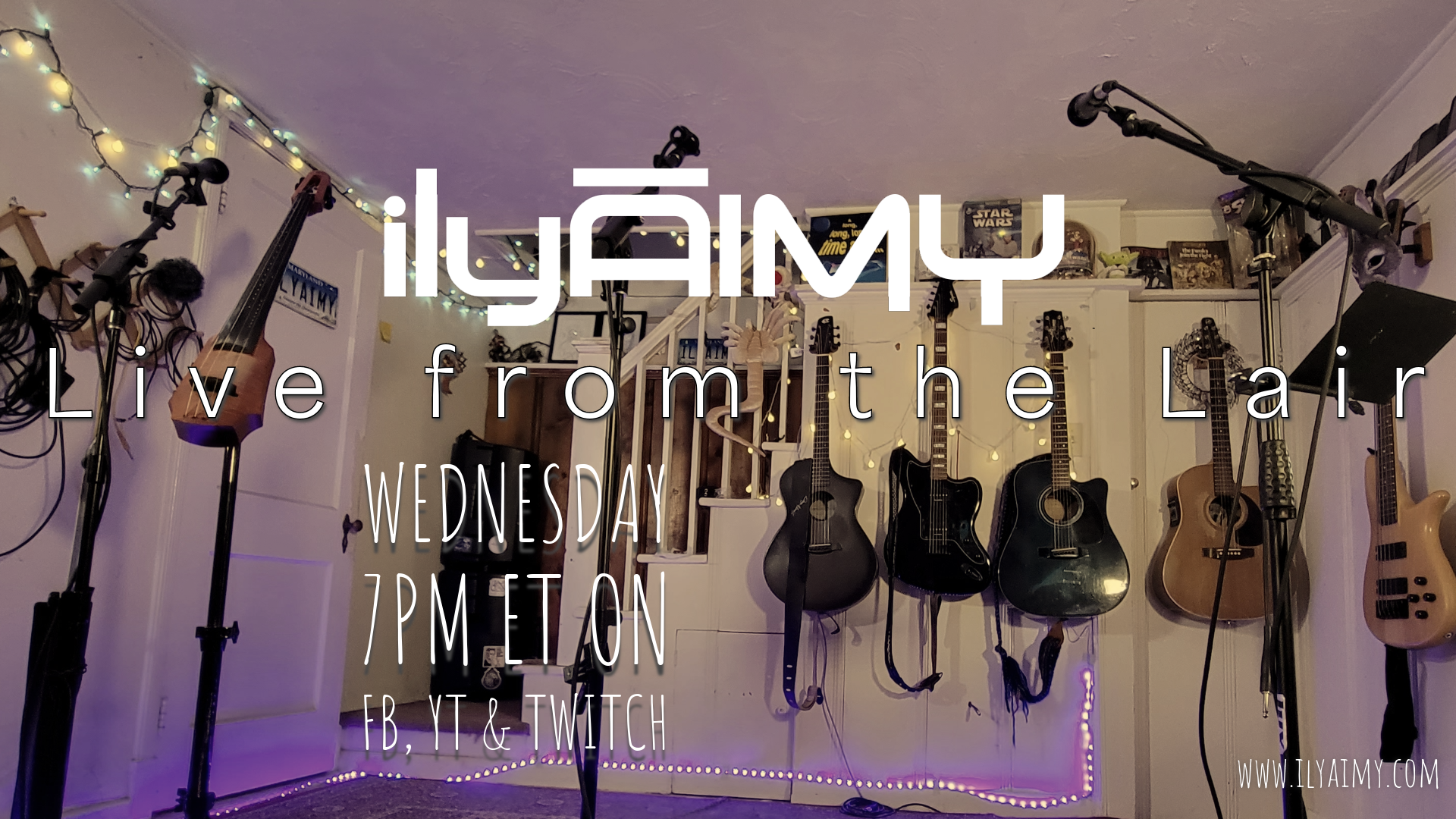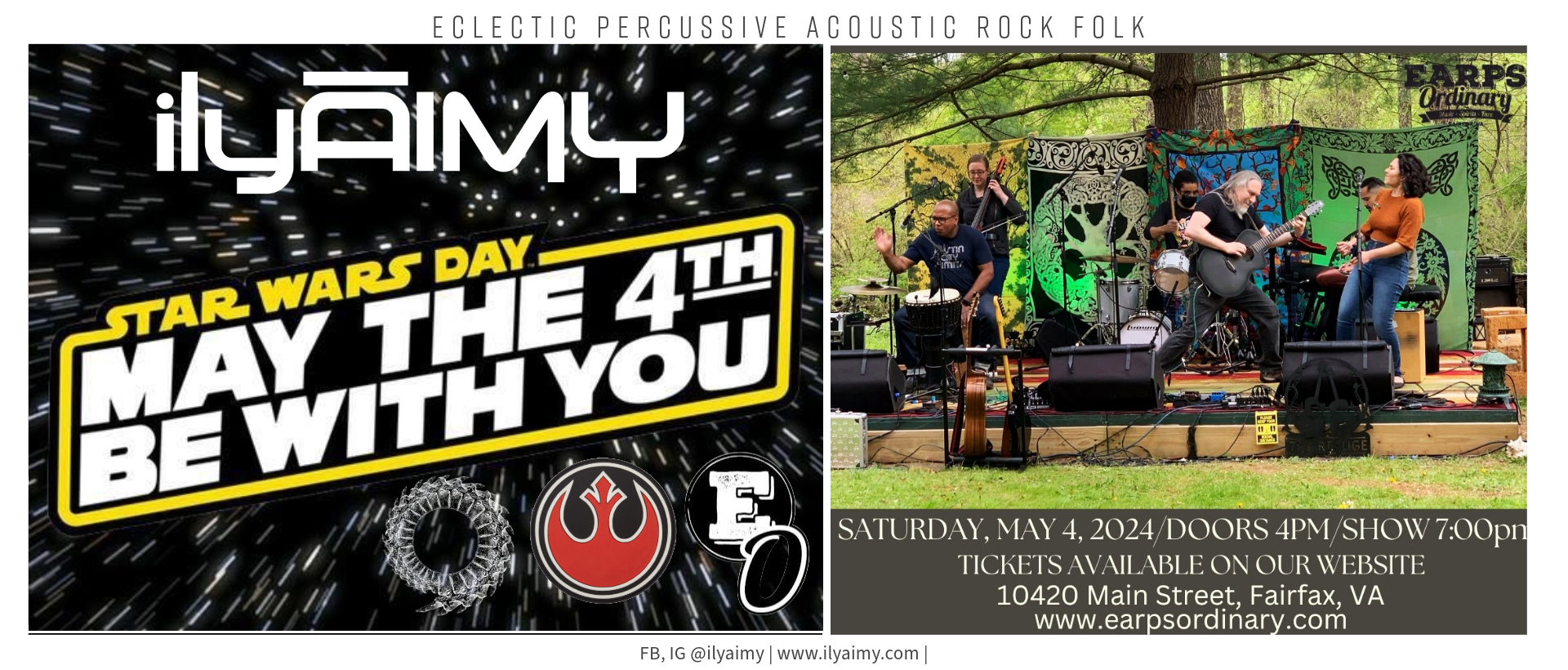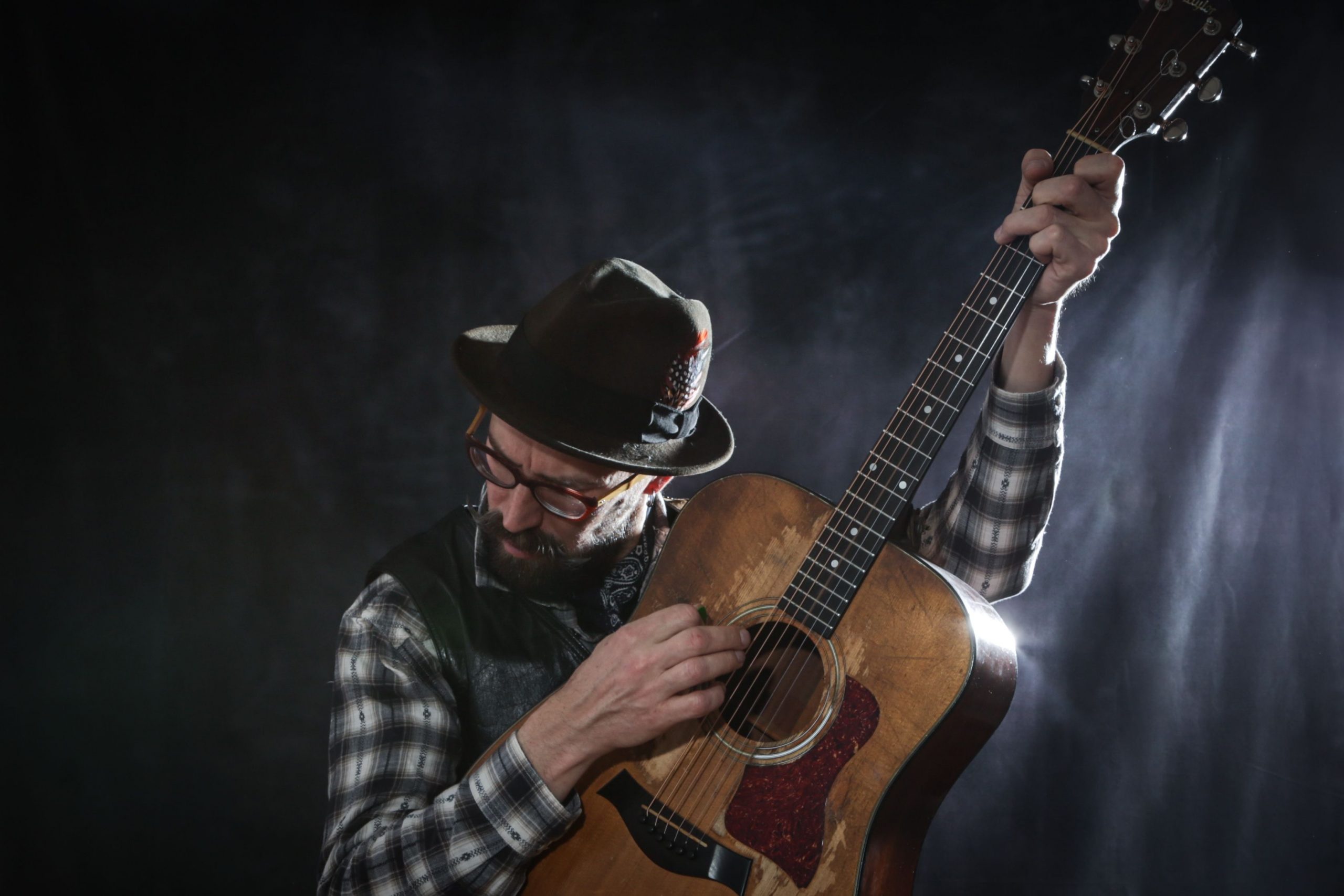Yesterday I visited my first American bus station, and though I’d never been to one before … it was almost like I had. So much of it was this perfect visual cliche of 1950s linoleum, silver-grouted floors of old elementary schools, mass-produced industrial office furniture, the bland greens and the utilitarian fonts all under the same dull flourescent cast, the lists of destinations, the grey timeless uniforms of the aging Black bus drivers. It was …. what my brain told me before I even walked inside ….. EXACTLY what “bus station” should look like.

In fact, it looked SO much like what I thought it should, that it almost had the effect of looking like a movie set … the way, as Terry Pratchett says, things MADE to look like something often have the effect of looking MORE accurately like that something than the original. But this … this was so real it was almost fake.
And there was even a young couple embracing tearfully. The long-haired man looked well-traveled, wearing a worn leather jacket, black jeans, black boots and a stuffed backpack that looked too heavy for his thin frame and included a sleeping bag on the bottom and a silver liquor flask in a net pocket. The young woman had no backpack, and it was obvious whom was leaving whom. Both of their faces and eyes were flushed red and damp, and as the line to the buses moved forward, they would break from time to time and then hold onto each other again, and as she buried her face in his neck, I could only see his face and the way he held onto her hair, and I knew what her face must look like buried, damp in the shoulder of his leather jacket and the way her warm breath and her hot, salty tears must be making the air in that space between them so humid and thick.
And in that moment, I snapped a quiet, flashless picture.
And I’m not sure why I did it.
There were a lot of thoughts in my head. I was thinking that it was this movie moment in real life. I was thinking what a shame it was that at those moments in our lives, someone is not standing there with a camera … with something … preserving our pain, lending those moments the archival importance they deserve. Or the way those moments take forever to get through while they are happening, and then seem to fly from our memory so fast we can hardly believe it. Fuck graduations and proms …
where are the pictures from the REAL important moments in our lives, not just the socially presribed ones.
I watched him hold her hand as he stepped out the door to the waiting buses, only letting go at the last possible moment, when their outstretched arms had exhausted all their length and their fingerprints couldn’t leap the gap between them any more.
And with all these thoughts in my head, I almost wanted to walk up to her and tell her I had seen it. I had seen that moment and it had happened, and the moment itself was truly as sad as she looked and as she felt it to be. And then I would show her the little digital frame as some kind of proof of that. And then she could look at herself from the outside. She could see what I had seen. How I had seen her. That someone besides her and her departing lover had seen it, would remember it. That in this place of so many such departures, this one was somehow important.
I did not do this. I figured she might think I was crazy, or worse yet, that it was completely insensitive and innappropriate and she might be offended. Was I, in fact, raping their moment or actually cheapening it by making it fake to make it real; Making it two-dimensional, making it digital, making it something I could carry in my pocket, making it something I could process? I didn’t want the picture for anything. I will not print it or publish it and had no such intention at the moment I took it. I just … I had to take it. I couldn’t let it just go by. Letting it just go by, in a way, seemed more like cheapening the moment when I had the unique ability to care, and to capture it.
So it’s funny how many of those moments, those frozen images have been burned into our retinas by a movie or television screen before we even actually see them for the first time in real life: the departure at the bus station, the way an old school building looks and the way that architecture and decor changes us and our behavior as we take our cues from it. These images are so archetypal that even children understand what to do with them in the case of our open guitar case as we were busking on the street at the Penn Avenue Community Festival yesterday. We made three crumpled dollar bills in tips, each one of them bestowed to us by a passing child. They didn’t know why they were giving it to us or what we would do with the money, but they saw an open guitar case next to two people playing instruments, and balloon-hatted little girls and boys – who could not have been more than eight years old – pulled dollars from their pockets and placed them inside.
I don’t know whether to be happy or to be sad. I don’t know whether I should be thankful that, in this world where understanding and communication are often the most difficult things to come by, that we have these shared experiences and these archetypal moments to unite us or to help us take in the world. A Pulitzer Prize-winning journalism teacher of mine told us that a sure-fire way to write a good feature piece was to start with a cliche and work our way from there. That the stories we connect with the most and the best are ones that start from a place of common understanding or experience … those movie-plot-script-perfect moments that fall into catch-phrases like: “Man v. Man. Man v. Self. Man v. Society. Man v. God,” or “Underdog Wins!” and “Boy Rescues Cat Out of Tree.”
Are we all just filling the same character roles, rotating one over for each different situation in our lives, playing the same scenes with different people or as a different person in the same scene in a history of repetitions? And do our scenes have to be documented on celluloid to be validated, or important or REALLY REALLY REAL?
And if all this is true, does that mean we are boring, unoriginal, and not striving as we should to create our own experiences …
Or does it mean that, at the heart of this often-isolating life, we all have so much more in common than we ever think? That the cliches that surround living, dying, loving, losing are all there for a reason. Are even maybe a comfort ….
I don’t know. But I took a picture of it.




1 thought on “June 6, 2004”
This is beautiful, Heather….you have such an intense way of perceiving situations….it is enlightening!